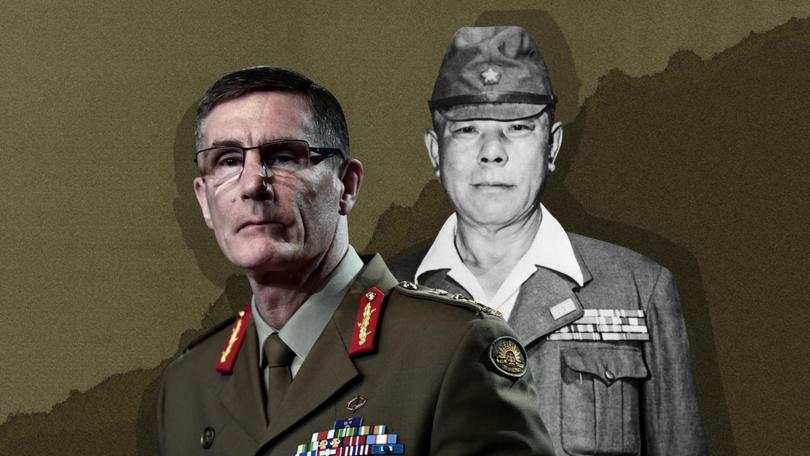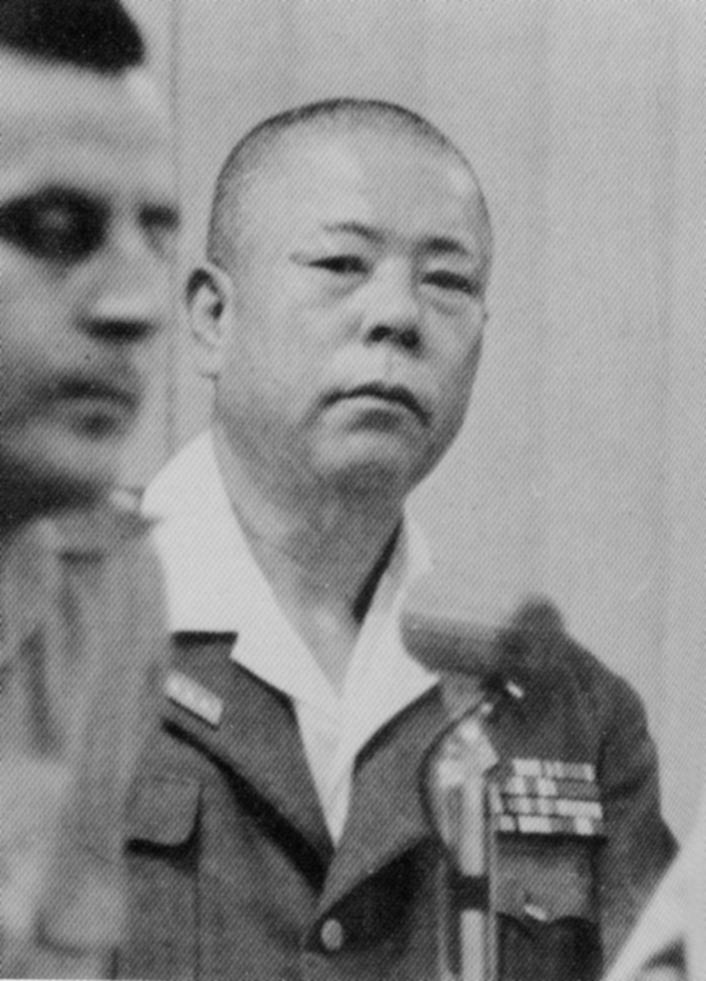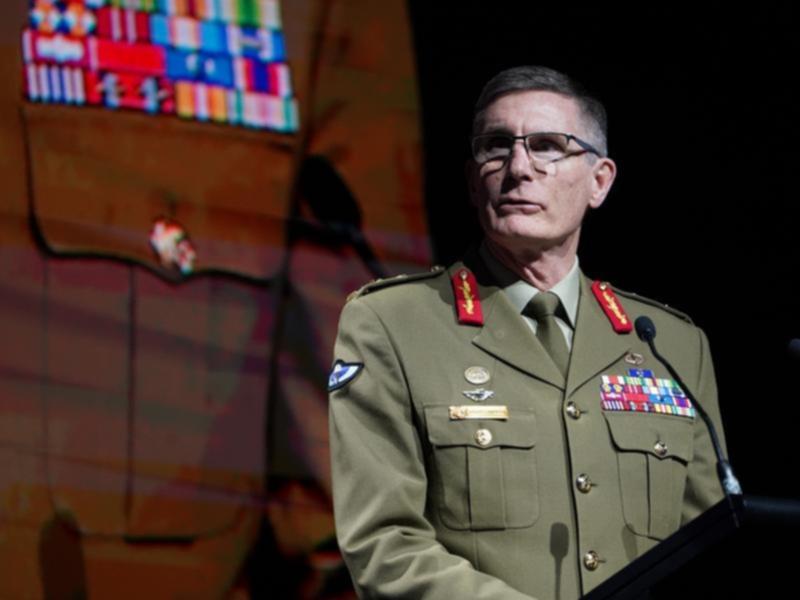BEN HARVEY: The Yamashita Standard demands heads must roll over war crimes in Afghanistan
BEN HARVEY: The Yamashita Standard demands that heads must roll from the most senior necks over war crimes in Afghanistan.

Tomoyuki Yamashita was a good soldier but not a good man.
A general in the Japanese Imperial Army during World War II, he was front and centre of the invasion of Singapore.
Yamashita quickly put paid to any thought the British stronghold was impregnable.
Sign up to The Nightly's newsletters.
Get the first look at the digital newspaper, curated daily stories and breaking headlines delivered to your inbox.
By continuing you agree to our Terms and Privacy Policy.It took him a few weeks to tame the Lion City and bring neighbouring Malaya under the red and white flag that dominated the Pacific at the time.
His efforts saw him nicknamed the Tiger of Malaya. The disgusting atrocities committed under the same flag could have seen him named the Butcher of Asia but Japan’s leaders were of a mind to reward brutality.
Yamashita should have been charged with war crimes in 1942 but was instead charged with defending the Philippines.
Tokyo knew Douglas MacArthur wasn’t bluffing when he said “I will return” and busied themselves with fortifying the islands in preparation for the inevitable American counter-attack.
Yamashita’s occupation of the Philippines was a barbaric one, even by Japanese standards.
Six months after VJ Day, the then 60-year-old was hanged for war crimes.
His trial was an important one because it etched into international law a principle known as the Yamashita Standard.

It’s about the only positive thing in this blood-thirsty maniac’s legacy.
Put simply, the Yamashita Standard says the buck stops with the military brass.
Prosecutors at Yamashita’s trial failed to present evidence that the accused man had ordered any crimes.
No American lawyer proved he even knew about the flagrant and sickening contraventions of the Geneva Convention.
But it was agreed in 1946 that the military chain of command meant the highest-ranking officers in the field of conflict were responsible for the actions of their subordinates.
A handful of senior Australian Army officers who served in Afghanistan have just been held accountable under the Yamashita Standard.
About 10 commanders, understood to include lieutenant colonels and majors, have been stripped of military honours over suspected war crimes committed by troops under their control during Australia’s longest and surely most pointless war.
Defence Minister Richard Marles is keeping their identities secret in order to protect their privacy.
By protecting the few he has besmirched the many. We shouldn’t be surprised by that because it’s in keeping with the way the whole sorry saga that was the great Afghanistan misadventure has played out — we’re dragging every Digger through the mud.
Four years after retired judge Paul Brereton claimed 23 SAS troops murdered 39 civilians and prisoners — and a full decade after the crimes were allegedly committed — only one soldier has been charged with anything. And he is yet to face court.
That didn’t stop former defence chief Angus Campbell from stripping the meritorious unit citation for more than 3000 Australians who served in our longest war (a decision that was later overturned by Peter Dutton).

Marles says that by stripping 10 officers of their medals he is acting in line with Brereton’s finding that troop, squadron and task group commanders forfeited their right to distinguished service medals because they “bear moral command responsibility and accountability” for what happened.
The Yamashita Standard demands that heads roll from even senior necks.
Brereton was wrong to conclude that our most senior leaders, including Campbell, did not fail “to take reasonable and practical steps that would have been prevented or detected the commission of war crimes”.
The Australian Government should stop trying to cauterise this wound just below the top brass.

